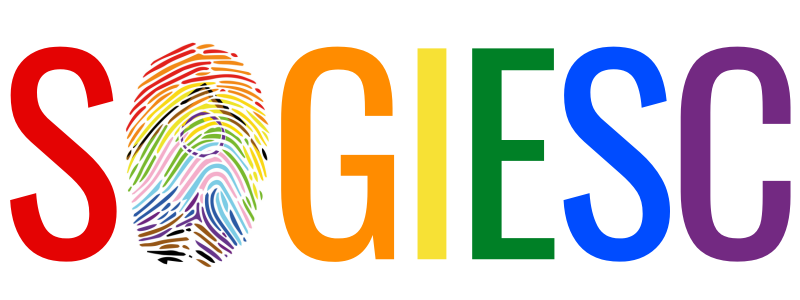A new Council of Europe report “Right to the Highest Attainable Standard of Health and Access to Healthcare for LGBTI People in Europe“ published today reveals substantial disparities and systemic challenges. It proposes numerous recommendations to the Council of Europe member states to improve the healthcare landscape for LGBTI individuals and thus foster a more inclusive and just healthcare system across Europe.
The report uncovers significant health inequalities between LGBTI individuals and the general population, including heightened rates of mental health issues, primarily driven by pervasive discrimination and marginalisation. The 2020 EU Agency for Fundamental Rights (FRA) survey found that 16% of LGBTI people faced discrimination in healthcare; among transgender respondents this indicator rose to 34%. Additionally, 46% of LGBTI individuals did not disclose their sexual orientation or gender identity to healthcare providers.
Cultural and social norms, anti-LGBTI rhetoric, institutional barriers and insufficient training for healthcare professionals, contribute to inadequate healthcare access. Intersectional factors, including ethnicity, age, gender, disability, and socio-economic status, exacerbate these disparities. National legislation in the field is varied, but only eight member states[1] have comprehensive non-discrimination laws covering sexual orientation, gender identity, and sex characteristics. The lack of inclusive data on the health needs of LGBTI people also impedes effective policymaking; many health surveys fail to include sexual orientation and gender identity data, rendering the specific health issues faced by LGBTI people less visible.
To address these issues, the report identifies several promising practices, including standardised data collection, inclusive healthcare training, and targeted programmes for LGBTI health needs. The Council of Europe Committee recommends expanding equality legislation to cover all healthcare services and SOGIESC (sexual orientation, gender identity, gender expression and sex characteristics) grounds; adopting human rights-based health policies; implementing a "Health in All Policies" approach to reduce health disparities across sectors; developing comprehensive equality policies to address all forms of discrimination; creating national LGBTI health strategies which would ensure bodily autonomy for intersex children and improve trans-specific, aged care, mental health, and sexual health services; ensuring LGBTI community participation in decision-making; enforcing equal treatment laws through effective policies; collecting inclusive SOGIESC data; and providing mandatory human rights-based training for healthcare professionals.
A number of recommendations address specific challenges faced by LGBTI persons. Trans individuals, for instance, face barriers such as long waiting times and inadequate insurance coverage. The report recommends regular reviews of trans-specific healthcare legislation, decentralisation of services, and adherence to the standards of the World Health Organisation; it emphasises the importance of self-determination and informed consent. Older LGBTI people face heightened discrimination, also because of historical stigmatisation, leading to poor health outcomes. The report calls for enhanced cultural competency in care services and presents promising practices such as collective housing projects offering safe living environments. LGBTI individuals face disparities in sexual and reproductive health services (for instance, in breast cancer scanning and fertility treatments). The report recommends developing inclusive guidelines, scaling up interventions, ensuring comprehensive sexuality education and advancing legislative reforms to ensure equitable access to fertility treatments. Finally, LGBTI individuals, particularly the young and those facing multiple forms of discrimination, suffer high rates of poor mental health, primarily driven by pervasive discrimination and marginalisation. The report advocates for integrating LGBTI-specific issues into national mental health policies, and banning "conversion" practices.
LGBTI individuals across Europe continue to face disproportionately worse health outcomes, the report concludes, and the recommendations provided offer a roadmap for member states to address the issues effectively. Collaboration, data-driven approaches, and sustained funding are crucial for achieving equitable healthcare for LGBTI persons.
The report was prepared by the Council of Europe’s Committee (ADI-SOGIESC) of Experts on Sexual Orientation, Gender Identity and Expression, and Sex Characteristics for the Council of Europe Steering Committee on Anti-discrimination, Diversity and Inclusion (CDADI).
[1] Belgium, Bosnia and Herzegovina, Denmark, Finland, Iceland, Montenegro, Serbia, Spain. Seventeen member states had legislation prohibiting discrimination in the field of health based on sexual orientation and gender identity – Andorra, Bulgaria, Croatia, Czechia, France, Georgia, Germany, Hungary, Luxembourg, Republic of Moldova, North Macedonia, Norway, Slovakia, Slovenia, Sweden, Switzerland, UK. Other member states only covered sexual orientation (some regions in Austria, Ireland, Lithuania, Romania), gender identity (Estonia), or sex characteristics (Malta).




